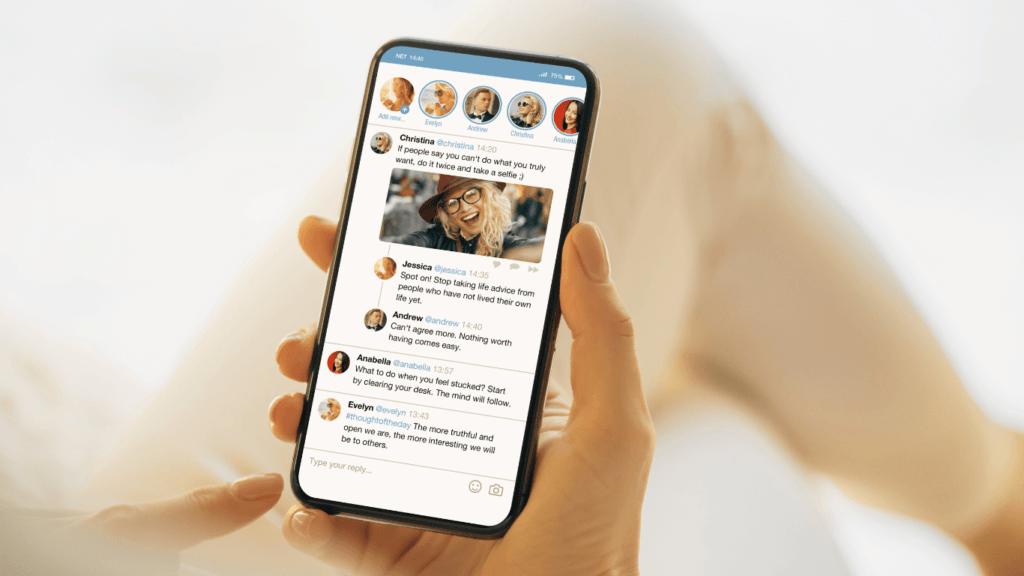The Power of Media: Shaping Minds and Shaping Realities
3 min read
Media, in all its forms, is an omnipresent force that holds a profound influence over society. The saying, “Whoever controls the media controls the mind.” encapsulates the transformative impact media has on shaping perspectives, opinions, and even the very fabric of our shared reality.
Let’s delve into the immense power of media and its far-reaching effects on the collective consciousness.
1. Shaping Perceptions
- Media is a potent tool for shaping perceptions. Through news coverage, entertainment, and storytelling, media molds the way we view the world, influencing our attitudes toward individuals, cultures, and events.
2. Setting Agendas
- The media plays a crucial role in setting societal agendas. By choosing what stories to highlight or downplay, media outlets have the power to guide public discourse and prioritize specific issues.
3. Influencing Public Opinion
- Public opinion is a delicate tapestry woven by the narratives presented in the media. The framing of news stories, the portrayal of individuals, and the emphasis on particular issues all contribute to shaping and influencing public sentiment.
4. Political Instrumentation
- Media serves as a political instrument, shaping political landscapes and influencing election outcomes. The coverage of political events, candidates, and policy issues can sway public opinion and impact the democratic process.
5. Cultural Transmission
- Media is a primary vehicle for cultural transmission. It shapes and perpetuates cultural norms, values, and trends, contributing to the evolution of societal norms over time.
6. Framing Realities
- Media frames the realities we perceive. Through the selection of narratives, visuals, and perspectives, media outlets construct a version of reality that may differ significantly from objective truth.
7. Manufacturing Consent
- The concept of “manufacturing consent,” as coined by Noam Chomsky, highlights how media can subtly control public opinion by framing issues in a way that aligns with specific interests or ideologies.
8. Shaping Identity
- Media plays a crucial role in shaping individual and collective identities. From the representation of diverse groups to the reinforcement of stereotypes, media contributes to the formation of societal identities.
9. Fostering Social Change
- Media can be a catalyst for social change. Through impactful storytelling, documentaries, and awareness campaigns, the media has the power to shine a spotlight on societal issues, prompting conversations and mobilizing communities.
10. Global Connectivity
- In an era of global connectivity, media serves as a bridge that connects people across borders. It facilitates the exchange of ideas, cultures, and information, contributing to a more interconnected world.
11. Educational Influence
- Educational media, including documentaries, online courses, and informative programming, has the power to educate and shape the perspectives of audiences, contributing to a more informed society.
12. Crisis Communication
- During times of crisis, the media plays a pivotal role in disseminating crucial information, shaping public responses, and influencing the perception of both the crisis itself and the authorities managing it.
In conclusion, the saying, “Whoever controls the media controls the mind.” underscores the profound impact of media on societal consciousness. Acknowledging the power media wields is essential for fostering media literacy, critical thinking, and a nuanced understanding of the narratives that shape our collective reality.
#MediaInfluence #MediaPower #ShapingOpinions #RealityPerception #CriticalMediaLiteracy




